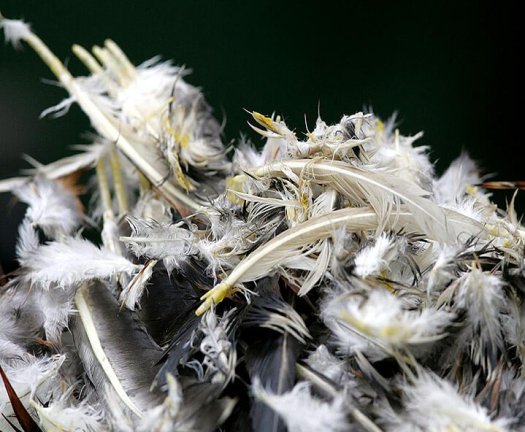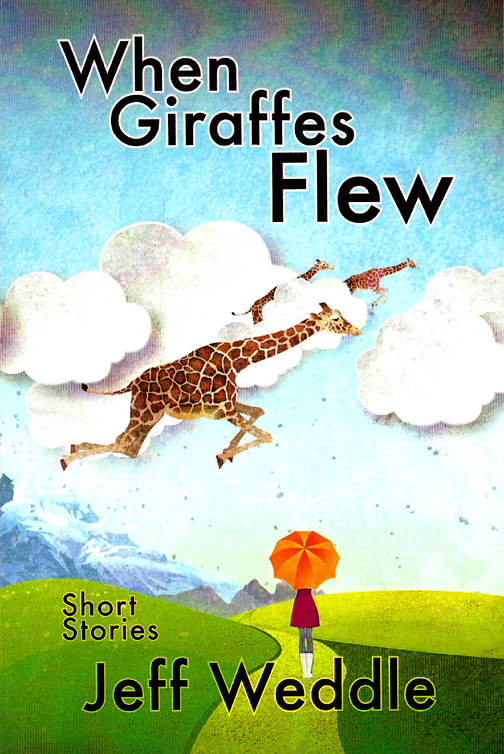With this new edition of The Welcome, University Press of Mississippi casts a light on the undeservedly shadowed Hubert Creekmore, a prolific writer, scholar, critic, and member of Welty’s brilliant Jackson salon whose work fell into obscurity after his death in 1967.
Creekmore’s novel received a cool initial response. A review by Lloyd Wendt in The Chicago Tribune on Oct 31, 1948, “Controversial Novel About Bad Marriage,” begins, “One of the most discerning and honest writers in the business, Hubert Creekmore is quite certain to anger a good many persons with his ‘story of modern marriage’.”
“His taboo treatment of an antisocial relationship providing competition for the institution of marriage, discreetly handled though it is, can readily win Creekmore the wrath of male readers. Perhaps his novel will shock readers into a realization of the menace to marriage when the participants contribute too little or bring warped personalities to a marriage union. More likely, however, it will merely shock them.”
In The New York Times on November 21, Warren E Preece states, “As a novel it is a highly readable production; as an examination of modern marriage, it comes closer to failure than it does to success. . . Ashton and the principal characters of The Welcome are hardly typical enough to provide a view of anything but a small section of society.”
It was Diana Trilling, writing in The Nation, on November 27, who hit the nail on the head: “Of all the novels about homosexuality which have appeared in the last few years it makes the most ingenuous and therefore the most disturbing statement of the damage society does by refusing to recognize the prevalence of the homosexual preference and, instead, forcing people to the conformity of marriage who are emotionally totally unfit for it.”
This did not sit well with Creekmore, who wrote a long, searing rebuttal (“A Muddled Reviewer”) that by way of a red herring concentrated on Trilling’s accusations of misogyny. Her reply (“A Fortunate Error?”) was brief, pointed, and dismissive.
In his introduction, Philip Gordon notes that 1948 “saw a sea change in the acceptance of same-sex desire, particularly in print and particularly in southern settings. Both Gore Vidal’s The City and the Pillar and Truman Capote’s Other Voices, Other Rooms were published in 1948, both by major publishing houses. Both fixate on the South: Vidal’s novel begins in Virginia; Capote’s is set in his own fictionalized version of Monroeville, Alabama, made more famous by Harper Lee. These novels are often credited as breaking through the proverbial (opaque) glass closet door that had limited previous depictions of same-sex desire in print.”
The Welcome has long been out of print. In his outstanding study, “”Collecting Hubert Creekmore: A Bibliography,” John Soward Bayne writes, “The Welcome is a true rarity. An early novel dealing with same-sex relationships, it evidently has been bought up by collectors of books by gay authors or about gay themes. It is often cited but seldom discussed in books and papers about such works, most likely because who can find a copy?”
According to acquiring editor, Katie Keene, the decision to reissue The Welcome resulted from a group effort. “While I was working with Pip Gordon on Gay Faulkner, we talked a bit about Creekmore’s legacy. I also learned a lot from Mary Knight at the University of Mississippi, who at that time was working on her documentary, Dear Hubert Creekmore.”
Keen said that soon afterwards she received a letter from Dr. Jaime Harker, owner of Violet Valley Bookstore in Water Valley and director of the Sarah Isom Center for Women and Gender Studies at the University of Mississippi, requesting UPM consider reprinting Creekmore’s works. Keene presented The Welcome to UPM’s board of directors for publication approval. An agreement with the Creekmore Estate was signed in June of 2021.
Gordon writes that The Welcome is a fixture in bibliographic studies that attempt to identify all the gay-themed works from the pre-Stonewall era, and the novel, along with Creekmore himself, are the subjects of more recent scholarship.
The Mississippi Philological Society published Bayne’s extensive, detailed bibliography/biography “Collecting Hubert Creekmore” online in their proceedings from the 2013 Meeting. In 2017, Annette Trefzer, professor of English professor at the University of Mississippi, published “Something Inarticulate”: Sexual Desire in the Fiction of Eudora Welty and Hubert Creekmore” in the Eudora Welty Review (Vol. 9, pp. 83-100).
In addition to her documentary, Mary Knight published her thesis, “Dear Hubert Creekmore: An Archival Search into the Life of a Queer Mississippi Writer,” and is working on a book about Creekmore, his life and times.
By all means, let’s celebrate Creekmore’s return to the vaunted stage of Mississippi literature with The Welcome. Yet bear in mind that while Hubert Creekmore was what Allen Tate called “a man of letters in the modern world,” a novelist, critic, editor, and more, but first and foremost, Creekmore was a poet, and a fine poet. What could more fitting than to follow a reissue of The Welcome with his book of poems, The Long Reprieve?



